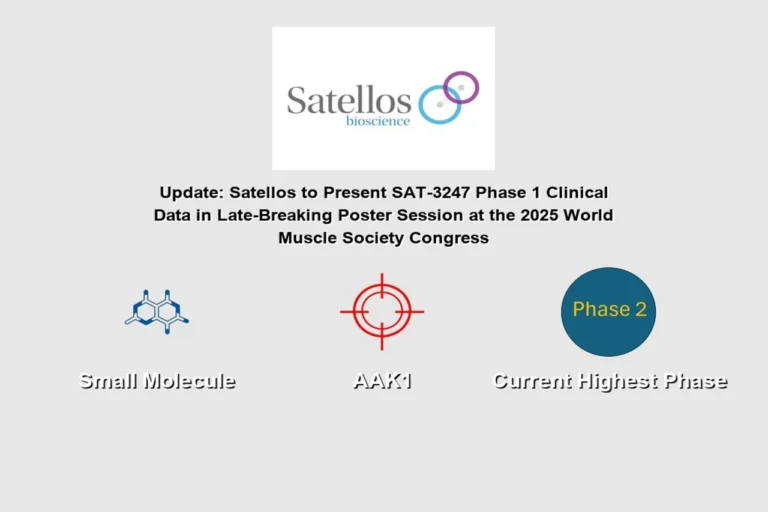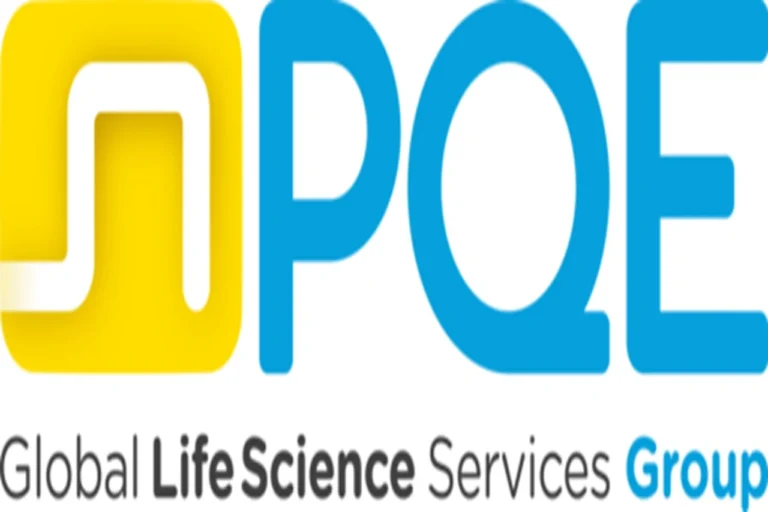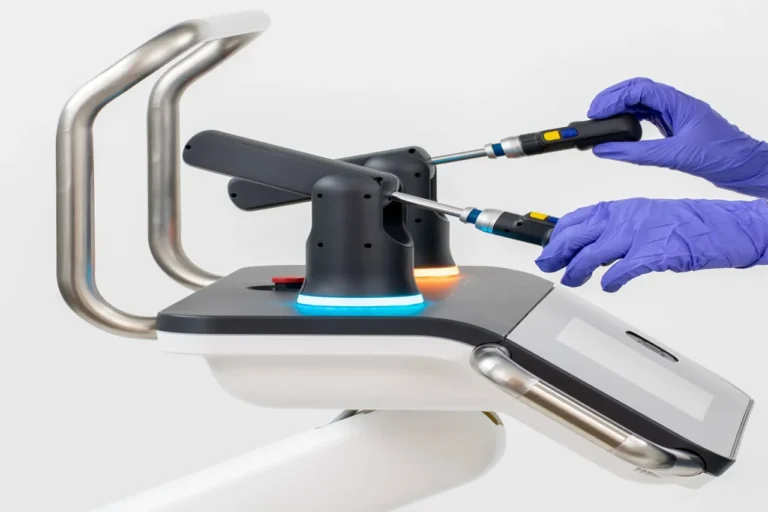
Bayer and Broad Institute Extend Partnership to Advance Cardiovascular Drug Discovery
Bayer and the Broad Institute have announced the extension of their successful decade-long research collaboration by an additional five years, further cementing their commitment to advancing human genomics and precision medicine in cardiovascular diseases. This extended partnership represents a strategic step forward in the shared mission to uncover new therapeutic targets and develop innovative treatments for cardiovascular conditions, particularly those that currently lack effective medical solutions.
The renewed agreement builds on a strong foundation laid over the past ten years, during which the two institutions have combined their respective strengths to drive forward research and discovery. The Broad Institute contributes world-class capabilities in genomics, computational biology, and systems biology, while Bayer brings extensive pharmaceutical development expertise, particularly in small molecules and biologics.
A major focus of the extended collaboration will be precision cardiology, with efforts concentrated on identifying novel disease targets using state-of-the-art genomic tools and validating these targets through a sophisticated human cardiomyocyte platform. This platform enables researchers to test and observe how potential therapies interact with human heart cells at an early stage in the drug development pipeline. By simulating real human cellular responses, this approach increases the likelihood of discovering treatments that are both safe and effective.
Among the key disease areas being addressed under this collaboration is dilated cardiomyopathy (DCM), a serious and progressive condition characterized by an enlarged and weakened heart muscle. DCM compromises the heart’s ability to pump blood efficiently, leading to symptoms of heart failure, arrhythmias, and increased risk of sudden cardiac death. The condition is often genetic and affects individuals of all ages, making it a critical area of need for precision-targeted interventions.
The Bayer-Broad collaboration has already achieved significant milestones, including multiple high-impact publications and scientific presentations that have contributed to the broader cardiovascular research community. Notably, the partnership led to the identification and advancement of Bayer’s investigational G-protein-coupled inwardly rectifying potassium channel 4 (GIRK4) inhibitor. This selective compound entered Phase I clinical trials in May 2025 and is being explored as a treatment for atrial fibrillation (AFib), a common arrhythmia that significantly increases the risk of stroke and other complications. GIRK4 plays a crucial role in regulating the electrical activity of heart cells, and targeting it could offer a new pathway to restoring normal cardiac rhythm in patients with AFib.
Dr. Andrea Haegebarth, Global Head of Research and Early Development for Cardiovascular, Renal, and Immunology at Bayer’s Pharmaceuticals Division, expressed enthusiasm about the continued partnership:
“We are constantly evaluating novel approaches to treat cardiovascular diseases that affect millions of people worldwide. Our shared commitment is to explore novel therapeutic targets and modalities in various cardiovascular and renal diseases to help deliver new treatment options to patients in need. The first joint therapeutic project entered the clinic last month, and we are excited to collaborate further with the esteemed scientists at the Broad Institute to identify and develop disease-modifying therapeutics treating underlying causes of cardiovascular diseases.”
Todd Golub, Director and Founding Core Member of the Broad Institute, echoed these sentiments:
“I am delighted to see Broad and Bayer continue this fruitful collaboration in cardiovascular research. By working together, Broad and Bayer are able to make advances that neither organization could make on its own.”
This collaboration serves as a model of how academic and industry partnerships can accelerate biomedical innovation. By combining academic institutions’ agility in basic science and exploratory research with the pharmaceutical industry’s development expertise and resources, such alliances significantly enhance the ability to translate scientific discoveries into therapies that benefit patients.
Academic partnerships like this are central to Bayer’s R&D strategy, especially in areas with large unmet clinical needs such as cardiovascular disease, which remains the leading cause of death globally. Through such alliances, Bayer seeks to nurture an innovation ecosystem that bridges early research to commercial drug development, maximizing the translational potential of academic breakthroughs.
The extension of this partnership comes at a time of increasing interest in precision medicine, particularly within cardiovascular and renal health. Precision medicine aims to tailor treatments to individual patient profiles based on genetic, biomarker, phenotypic, or psychosocial characteristics, improving treatment outcomes and minimizing side effects. Cardiovascular conditions, which encompass a wide spectrum of phenotypes and genetic drivers, are especially well-suited to this approach.
Supporting this strategic direction is Bayer’s Research & Innovation Center (BRIC) in Kendall Square, Cambridge, Massachusetts—a hub for biotechnology and pharmaceutical innovation. BRIC’s close proximity to the Broad Institute facilitates seamless collaboration and information sharing between the two organizations. BRIC is home to several Bayer initiatives, including a center for precision oncology research and an expert team dedicated to early-stage cardiovascular, renal, and immunology programs.
Moreover, BRIC hosts Bayer Co.Lab Cambridge, a life science incubator that is part of Bayer’s global Co.Lab network. This incubator supports early-stage biotech startups and academic spinouts, fostering disruptive innovation in healthcare by offering mentorship, resources, and infrastructure to promising scientific ventures. Through Co.Lab, Bayer helps translate cutting-edge science into clinical solutions, aligning closely with the objectives of its partnership with the Broad Institute.
Looking ahead, the next phase of the Bayer-Broad collaboration will expand into previously unexplored therapeutic territories within cardiovascular medicine. The teams will continue to integrate genomic discovery tools, CRISPR-based gene editing, advanced computational biology, and machine learning models to unravel disease mechanisms and identify actionable targets. By doing so, they aim to shorten the drug development timeline, enhance precision in patient selection, and ultimately deliver first-in-class therapies to the clinic.
This extended partnership reaffirms both organizations’ dedication to pushing the boundaries of what is possible in cardiovascular medicine. As the burden of cardiovascular disease continues to grow globally, and as healthcare systems seek more efficient and effective treatment options, such collaborations will be instrumental in delivering timely and transformative medical innovations.
In conclusion, the five-year extension of the Bayer and Broad Institute collaboration marks a significant step in the journey toward the next generation of cardiovascular therapies. Grounded in scientific excellence and a shared vision of improving patient outcomes, the partnership exemplifies how industry-academic alliances can drive innovation, accelerate discovery, and ultimately change the trajectory of complex diseases for the better.







